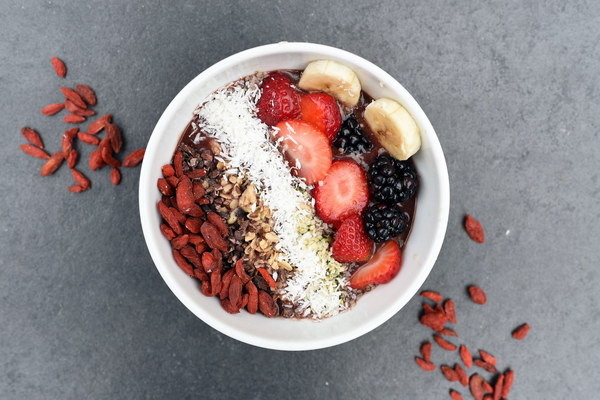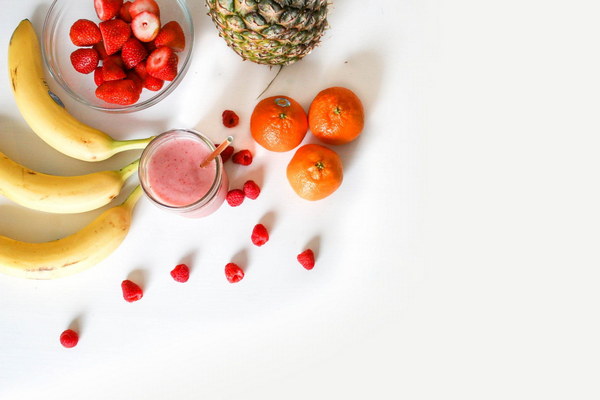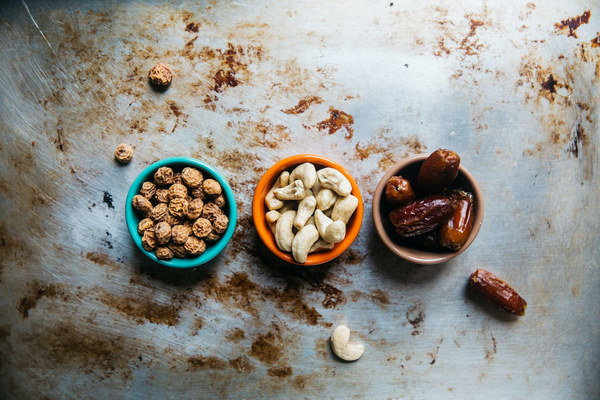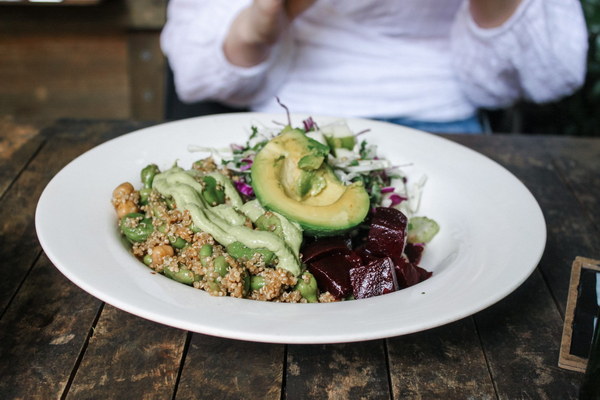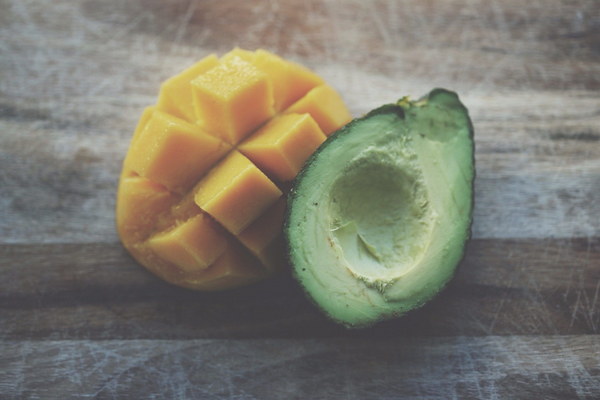Boost Your Baby's Brain Power The Importance of Choline in Baby Foods
Introduction:
Choline, a vital nutrient often overlooked, plays a crucial role in the development of a baby's brain and nervous system. As parents, it is essential to ensure that our little ones receive adequate choline from their early diet. This article explores the importance of choline in baby foods and provides insights on how to incorporate this vital nutrient into your baby's meals.
The Significance of Choline in Baby's Diet:
1. Brain Development: Choline is a precursor to acetylcholine, a neurotransmitter that plays a vital role in memory, learning, and brain development. Adequate choline intake during infancy can help in the formation of neural pathways, leading to enhanced cognitive abilities in later years.
2. Nervous System Health: Choline is essential for the production of cell membranes and the maintenance of nerve function. By ensuring a sufficient supply of choline in baby's diet, you can promote a healthy nervous system and reduce the risk of neurological disorders.
3. Liver Function: Choline aids in the metabolism of fats, particularly in the liver. This can be beneficial for babies who are at risk of developing fatty liver disease, a condition that can lead to liver inflammation and damage.
4. Muscle Function: Choline is involved in muscle movement, including the contraction of skeletal muscles. Ensuring a proper choline intake can help in maintaining muscle strength and coordination in babies.
Incorporating Choline into Baby Foods:
1. Eggs: Eggs are a rich source of choline. Introduce scrambled eggs or egg yolks in pureed form once your baby is ready for solid foods. Start with a small amount and gradually increase the quantity as your baby grows.
2. Dairy Products: Milk, cheese, and yogurt contain moderate amounts of choline. These can be introduced into your baby's diet after 6 months, ensuring they are appropriately cooked and mashed or pureed to suit their age.

3. Fish: Fish, such as salmon, trout, and sardines, are excellent sources of choline. Ensure the fish is cooked thoroughly and puree it into a smooth consistency before offering it to your baby. Consult with your pediatrician before introducing fish to your baby's diet.
4. Legumes: Beans, lentils, and chickpeas are good sources of choline. Once your baby is 6 months old, introduce these legumes in cooked form, mashed or pureed, to provide them with the necessary choline.
5. Nuts and Seeds: Almonds, sunflower seeds, and flaxseeds contain choline. However, nuts and seeds can be a choking hazard for young babies. Once your baby is over 1 year old, you can introduce ground nuts and seeds in small amounts to their diet.
6. Fortified Foods: Some baby cereals and formula are fortified with choline. Check the labels of the products you use to ensure they provide adequate choline content.
Conclusion:
Choline is an essential nutrient for the healthy development of a baby's brain, nervous system, liver, and muscles. By incorporating choline-rich foods into your baby's diet, you can support their overall growth and well-being. Always consult with your pediatrician before making any changes to your baby's diet and ensure that the food is introduced at the appropriate age and in a suitable form.
